Coronavirus: Lord Bath dies after contracting Covid-19
- Published
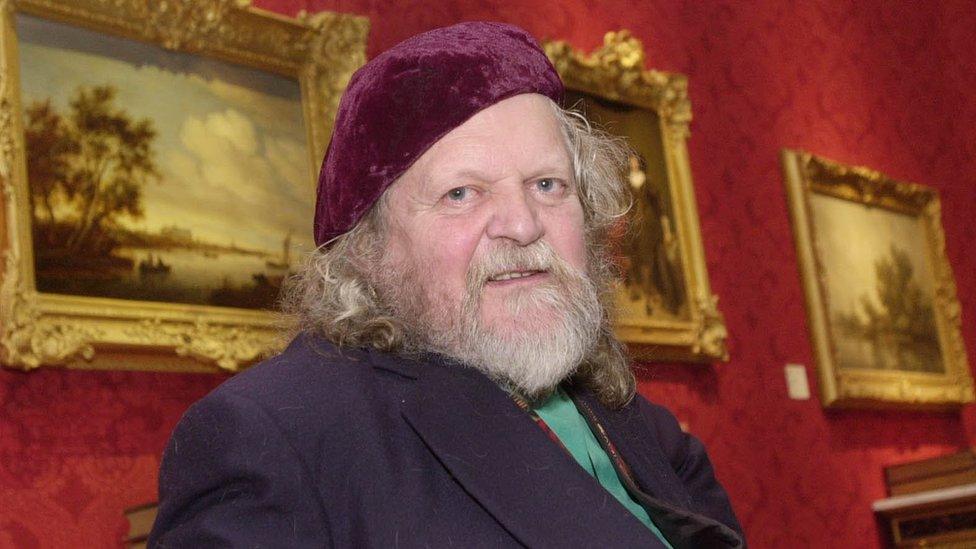
Lord Bath - the 7th Marquess of Bath - died on Saturday, Longleat said
Lord Bath has died at the age of 87 after contracting coronavirus.
Longleat, the park and home he ran, announced on Twitter, external the 7th Marquess of Bath died on Saturday at the Royal Bath United Hospital.
He was admitted there on 28 March where it was confirmed he had the virus.
In the statement, his family appealed for privacy and thanked the medical team which "cared so professionally and compassionately" for him in his final days.
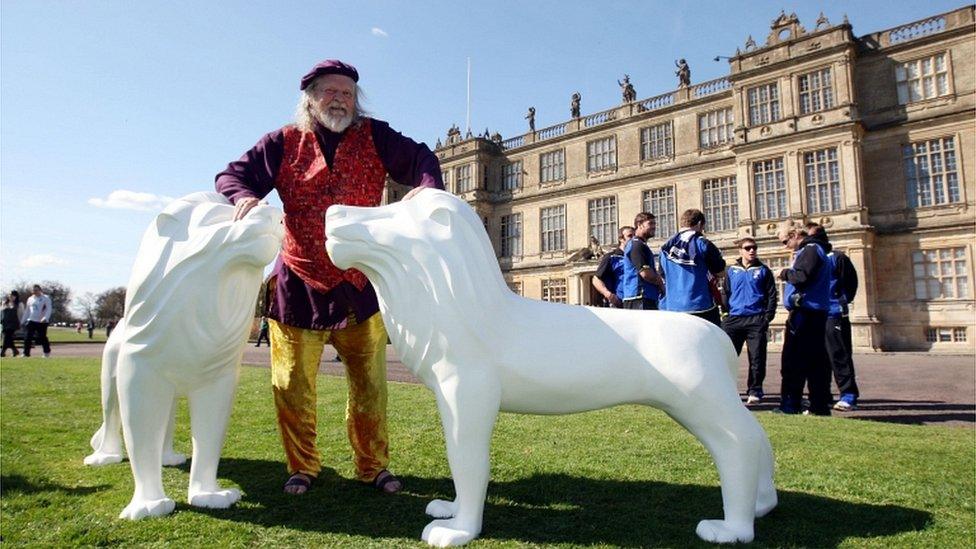
The aristocrat was known for his flamboyant style of dress
Longleat Safari Park confirmed the news on Facebook, expressing their "deepest sadness" at his death.
It added: "The family would like to express their great appreciation for the dedicated team of nurses, doctors and other staff who cared so professionally and compassionately for Alexander in these extremely difficult times for everyone."
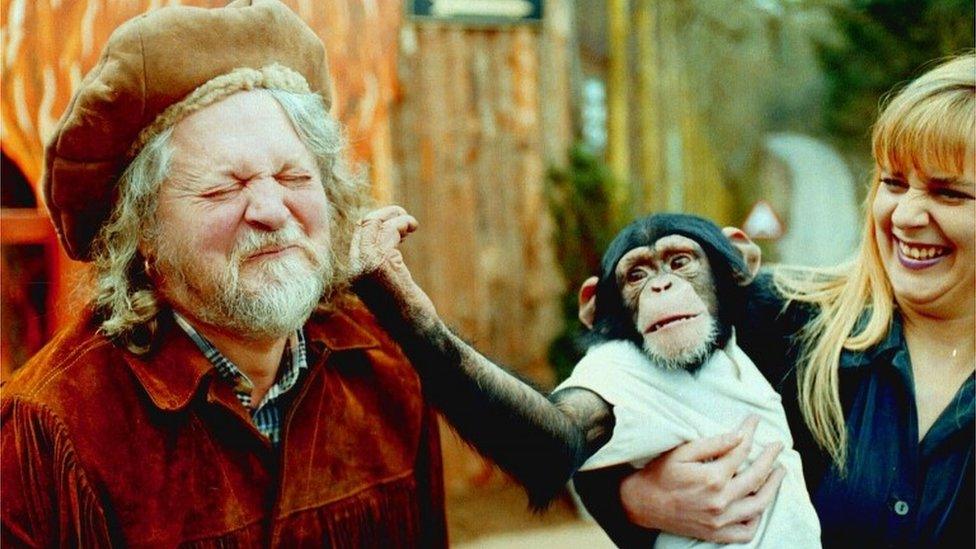
Lord Bath with chimp "Teddy" at Longleat Safari Park in 1996
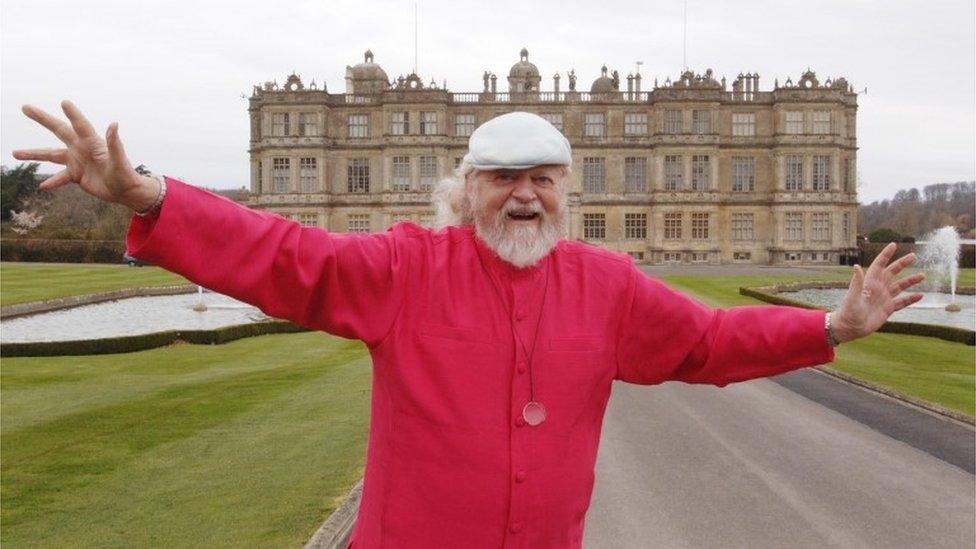
Lord Bath in front of Longleat House in 2006
Alexander George Thynn, 7th Marquess of Bath, was born on 6 May in 1932 and grew up in his family's home at Longleat, near Warminster in Wiltshire.
He was known for his flamboyant style of dress and for having relationships with women he often referred to as his "wifelets".
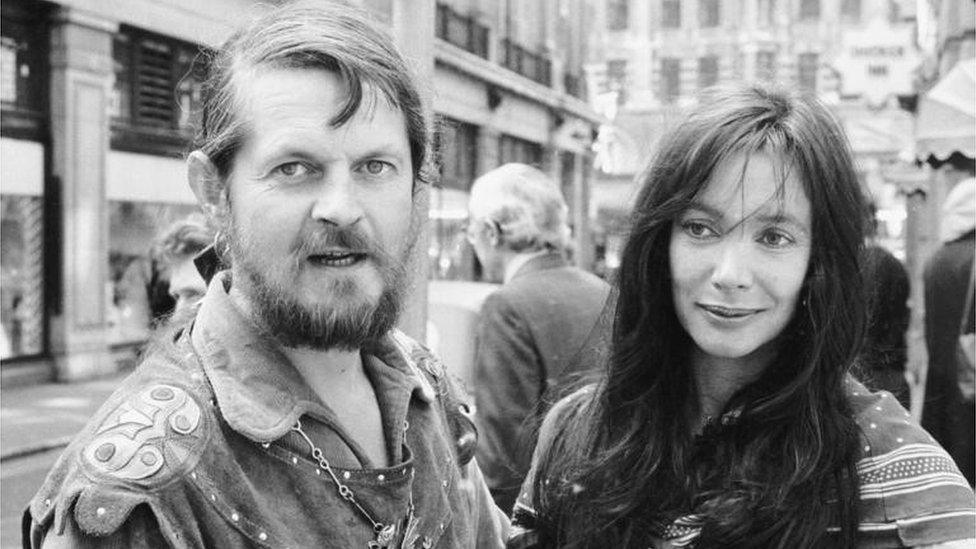
Lord Bath pictured in 1975 with his first wife, Hungarian actress Anna Gael, who was also known as Anna Gyarmathy
Tributes have been paid on Twitter, including from Piers Morgan, who described him as "one of Britain's most colourful characters".
Ben Fogle, who filmed TV series Animal Park at Longleat about the lord's estate, said he was "devastated", while the show's present Kate Humble said she was "very sad".
She tweeted: "Everyone will describe him as eccentric - and he was, gloriously so - but he was also kind and fun - and we all need a bit of kindness and fun in our lives."
Allow X content?
This article contains content provided by X. We ask for your permission before anything is loaded, as they may be using cookies and other technologies. You may want to read X’s cookie policy, external and privacy policy, external before accepting. To view this content choose ‘accept and continue’.

Allow X content?
This article contains content provided by X. We ask for your permission before anything is loaded, as they may be using cookies and other technologies. You may want to read X’s cookie policy, external and privacy policy, external before accepting. To view this content choose ‘accept and continue’.

Lord Bath was involved in politics and stood in the very first European parliamentary elections in 1979, representing the Wessex Regionalist Party which he helped to found.
After inheriting the Marquess seat in 1992, he then sat as a Liberal Democrat in the House of Lords but lost his seat when Labour reforms excluded most hereditary peers.
- Published5 April 2020
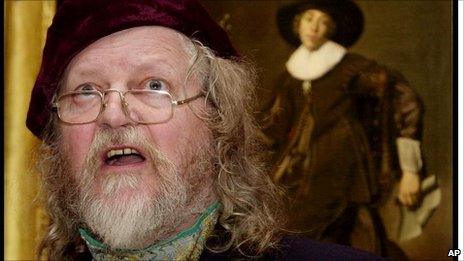
- Published30 March 2016
- Published20 January 2016
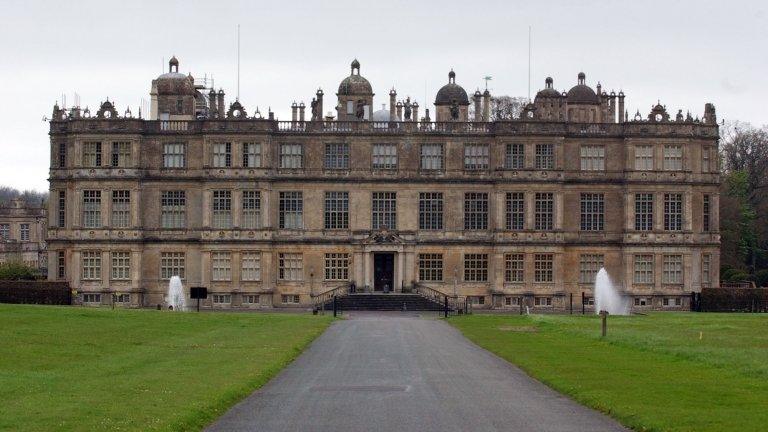
- Published25 November 2010